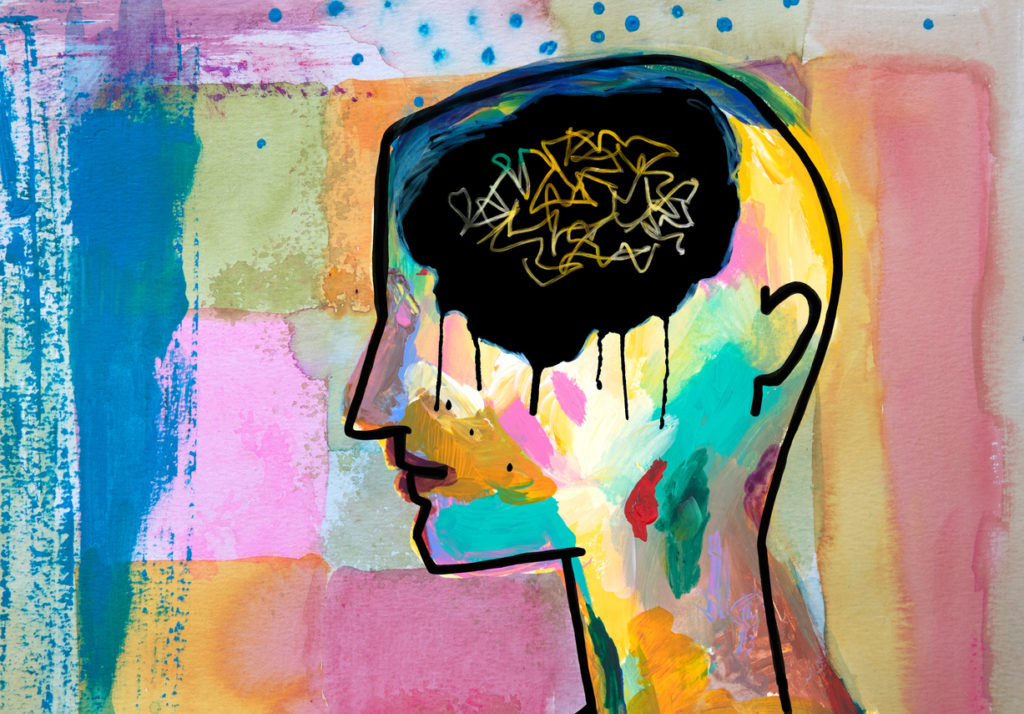This study aims to treat young people with an adjunctive integrated Cognitive Behaviour Therapy (CBT) intervention and to examine the acceptability of this treatment approach within this population. The study will also include a pilot placebo-controlled trial of sertraline for those young people who fail to or only partially respond to the CBT intervention, so as to determine whether adjunctive anti-depressant treatment improves clinical response in this population.
Official Title
An Integrated Pharmacological and Psychological Approach to Young People With Comorbid Depression and Substance Abuse
Conditions
Depression, Substance-Related Disorders
Study Type
Interventional
Study Design
Treatment, Randomized, Double-Blind, Placebo Control, Single Group Assignment, Efficacy Study
Further Details
The high prevalence of co-occurring depressive and substance use disorders amongst young people is especially problematic given the significant negative impact on both symptom course and outcome reported in adult samples. Whilst the clinical and functional outcomes in young people with comorbid disorders remains largely unknown, of particular concern is the consistent association between depression, substance misuse and suicidality in young people, especially given the high rates of youth suicide in Australia. As such, it is both a clinical priority and an important public health goal that the clinical characteristics and outcomes of young people with comorbid depression and substance abuse are identified, and that effective biopsychosocial interventions are developed that encompass predictors of treatment, such that targeted integrated treatments may be offered wherever affected young people present.Whilst there is strong evidence for both SSRIs and CBT in the treatment of depression, and some support for their utility in alcohol dependence, no studies have examined their utility in a group of young people with comorbid depression and substance abuse. In fact, whilst CBT is suggested to be the first-line treatment for depression in young people, its role in comorbid disorders is less clear, and there is little data on predictors of treatment outcome in this population. Which young people best respond and which do not are important questions when designing the most appropriate interventions for real-world clinical settings. In this regard, the role of anti-depressants in comorbid populations also remains contentious, especially amongst those that fail or only partially respond to CBT. In particular, it is unclear at what stage anti-depressants should be offered or even whether SSRIs are indeed effective in this population.Research Questions: This project encompasses two complementary studies that aim to examine the characteristics and outcomes of young people with comorbid depression and substance abuse. Stage 1 is a preliminary naturalistic investigation of the characteristics of young people with comorbid depressive and substance use disorders presenting to drug treatment and mental health services, and describes their outcomes over 6, 12 and 24 months. This study seeks to explore what happens to these young people in the current service system, in terms of engagement and treatment, and related substance use and mental health outcomes. Stage 2 aims to treat a sub-sample of these young people with an adjunctive integrated CBT intervention and to examine the acceptability of this treatment approach within this population. In addition, this study seeks to explore predictors of treatment outcome so as to inform the further development of this integrated intervention. Stage 2 will also include a pilot placebo-controlled trial of sertraline for those young people who fail to or only partially respond to the CBT intervention, so as to determine whether adjunctive anti-depressant treatment improves clinical response in this population.The specific aims of the study are:
- To describe the course of depressive disorders amongst young people with comorbid substance use disorders
- To explore predictors of treatment response to an integrated CBT intervention
- To explore the acceptability of the CBT intervention within a comorbid youth population
- To explore the role of sertraline in the treatment of non-response to CBT in a comorbid youth population
Study Start
September 2004; Expected completion: December 2006
Eligibility & Criteria
- Ages Eligible for Study: 16 Years – 26 Years
- Genders Eligible for Study: Both
Inclusion Criteria:
- 16 and 26 years of age
- acute major depressive episode (more than one month)
- concurrent DSM-IV substance abuse/dependence or the use of any illicit drug on a weekly basis in the month prior to referral, or alcohol consumption exceeding NHMRC guidelines
- English as their preferred language
- estimated IQ >80
Exclusion Criteria:
- Current or past history of psychosis
- significant head injury
- seizures
- history or current evidence of any other significant clinical condition
- treatment with an antidepressant within past 30 days
Total Enrolment
50
Contact Details
ORYGEN Youth Health, Melbourne, Victoria, 3052, Australia; Recruiting
- Lisa Wong: 93422800; lisa.wong@mh.org.au
- Leanne Hides, PhD (Clin): 93422800; leanne.hides@mh.org.au
All content and media on the HealthEngine Blog is created and published online for informational purposes only. It is not intended to be a substitute for professional medical advice and should not be relied on as health or personal advice. Always seek the guidance of your doctor or other qualified health professional with any questions you may have regarding your health or a medical condition. Never disregard the advice of a medical professional, or delay in seeking it because of something you have read on this Website. If you think you may have a medical emergency, call your doctor, go to the nearest hospital emergency department, or call the emergency services immediately.







